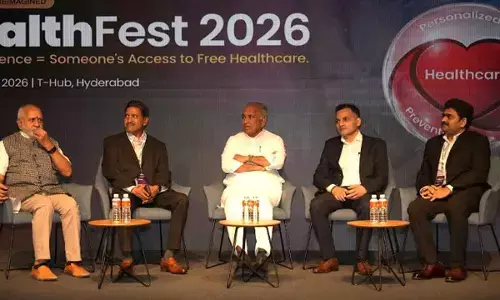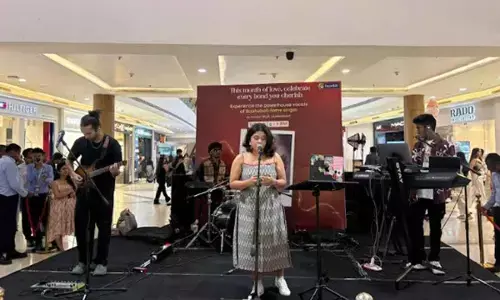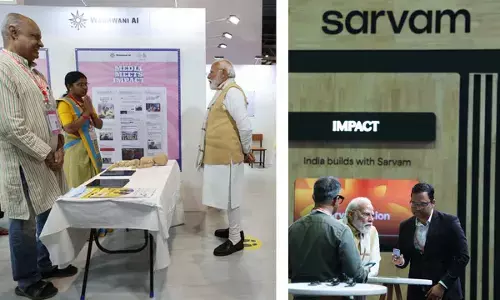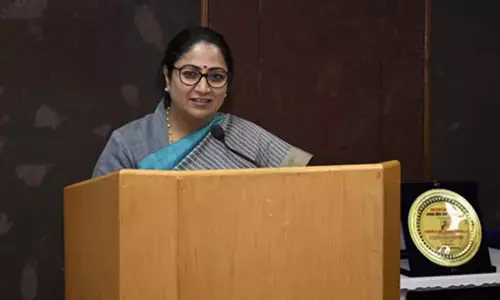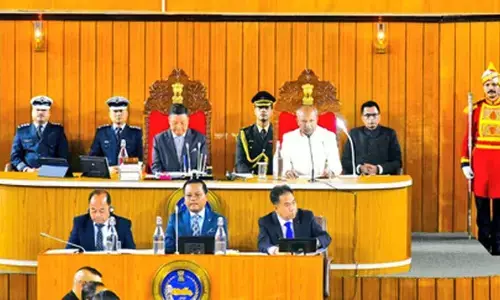Time to come together for larger public good
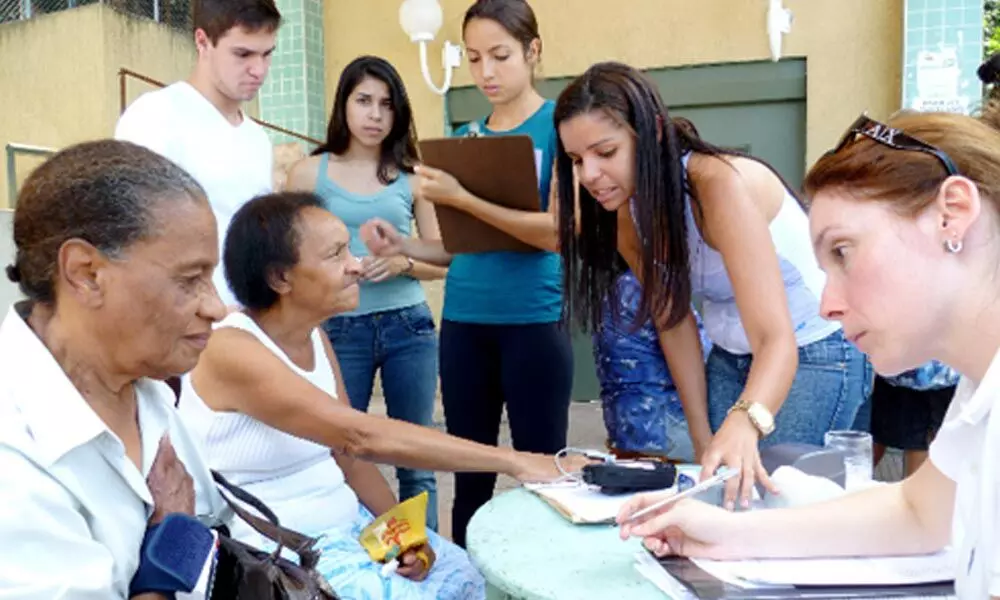
Time to come together for larger public good
Political scientists would presume that during a pandemic, political leaders will seek to use the situation to increase their power and electability
Political scientists would presume that during a pandemic, political leaders will seek to use the situation to increase their power and electability. In the case of Brazil, however, President Jair Bolsonaro has not been able to achieve this, partly due to the government's poor policy response to Covid-19, which is shaped by Bolsonaro's political ideology. Bolsonaro operates within a strong democratic institutional context that limits his policy authority. However authoritarian he may be, the State Governments in Brazil and the democratic institutions just don't care.
It is a big relief to the population of Brazil that the country is surviving on the strength of the coming together of all these groups and institutions. That is the lesson for India which has a namesake federal structure. Brazil's Federal Supreme Court, for example, consistently upholds state physical distancing policies that the Bolsonaro administration opposes. State-level health system investments, such as efforts to rapidly expand emergency bed capacity in intensive care units, have also sustained Brazil's universal public health system in the context of weak federal coordination and management. Bolsonaro has said he views unemployment as worse than Covid-19 itself.
To prioritise opening of the economy sooner and garner support for his views, Bolsonaro stated that there would be chaos from unemployment and food shortages at home due to school and work closures. Playing to the public's fears during a pandemic does not seem to have strengthened his political support and authority. Bolsonaro has repeatedly resisted recommendations made by scientific experts and governors to engage in physical distancing while his administration initially restricted testing to only the worst Covid-19 cases and patients who were hospitalised.
Bolsonaro fired his Ministers of Health, Luiz Henrique Mandetta and Nelson Teich, over differences and brought in Eduardo Pazuello, a former Army General with no medical experience like some of his predecessors had done, as the interim Minister of Health, a post he has held since early June. The Lancet recently observed that to help avoid these challenges, civil society needs to pressure elected politicians for greater autonomy and technical expertise to be ceded to Brazil's Ministry of Health. This is what they have been doing precisely.
The impact of Covid-19 has been devastating in Brazil, with more than 87,000 deaths and 2·42 million confirmed cases second only to the USA. Yet the country's democratic and health institutions have taken measures to protect society. Alongside consistently voicing opposition to Bolsonaro's Covid-19 policies, the legislative and judicial branches of government have resisted attempts to pursue the president's impeachment; this helps authorities and different agencies remain focused on the business of government. The Federal Supreme Court has consistently recognised the legality of physical distancing policies imposed by state and municipal governments.
The State Governments in India too should adopt a similar stand - not be dependent on the Centre now but do their best in the interest of the public. Or do they? After all those opposing the Centre complain that federalism has become a casualty. Why not follow Brazil? Political interests may differ, but one could come together for the larger public good. Isn't it so?


